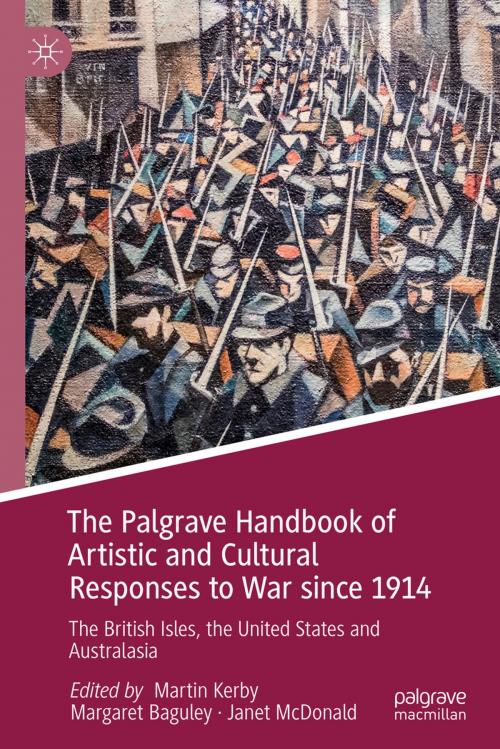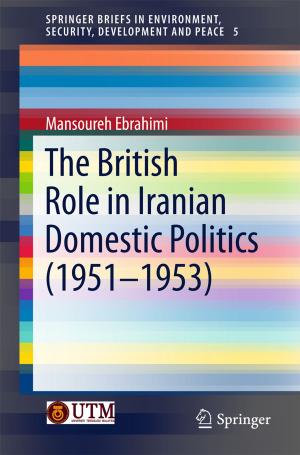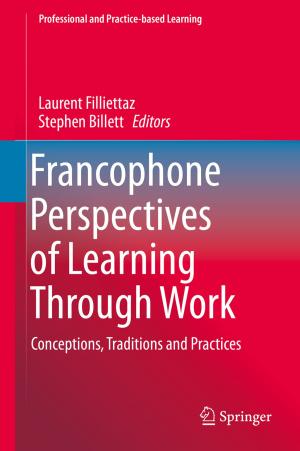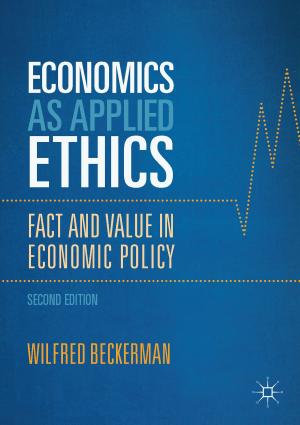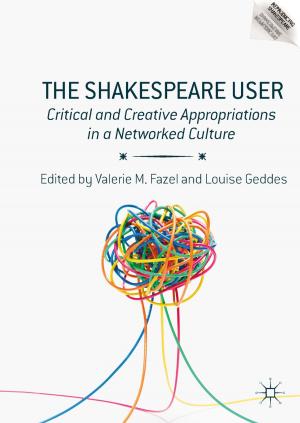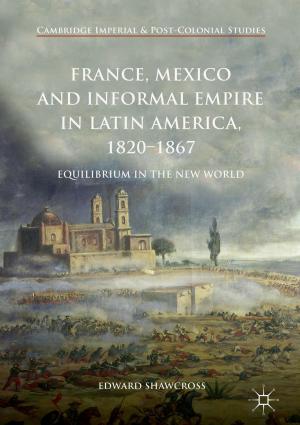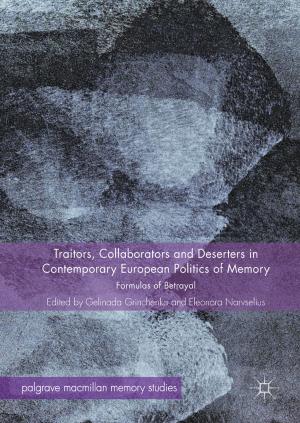The Palgrave Handbook of Artistic and Cultural Responses to War since 1914
The British Isles, the United States and Australasia
Nonfiction, History, Reference, Historiography, Military| Author: | ISBN: | 9783319969862 | |
| Publisher: | Springer International Publishing | Publication: | December 5, 2018 |
| Imprint: | Palgrave Macmillan | Language: | English |
| Author: | |
| ISBN: | 9783319969862 |
| Publisher: | Springer International Publishing |
| Publication: | December 5, 2018 |
| Imprint: | Palgrave Macmillan |
| Language: | English |
This handbook explores a diverse range of artistic and cultural responses to modern conflict, from Mons in the First World War to Kabul in the twenty-first century. With over thirty chapters from an international range of contributors, ranging from the UK to the US and Australia, and working across history, art, literature, and media, it offers a significant interdisciplinary contribution to the study of modern war, and our artistic and cultural responses to it. The handbook is divided into three parts. The first part explores how communities and individuals responded to loss and grief by using art and culture to assimilate the experience as an act of survival and resilience. The second part explores how conflict exerts a powerful influence on the expression and formation of both individual, group, racial, cultural and national identities and the role played by art, literature, and education in this process. The third part moves beyond the actual experience of conflict and its connection with issues of identity to explore how individuals and society have made use of art and culture to commemorate the war. In this way, it offers a unique breadth of vision and perspective, to explore how conflicts have been both represented and remembered since the early twentieth century.
This handbook explores a diverse range of artistic and cultural responses to modern conflict, from Mons in the First World War to Kabul in the twenty-first century. With over thirty chapters from an international range of contributors, ranging from the UK to the US and Australia, and working across history, art, literature, and media, it offers a significant interdisciplinary contribution to the study of modern war, and our artistic and cultural responses to it. The handbook is divided into three parts. The first part explores how communities and individuals responded to loss and grief by using art and culture to assimilate the experience as an act of survival and resilience. The second part explores how conflict exerts a powerful influence on the expression and formation of both individual, group, racial, cultural and national identities and the role played by art, literature, and education in this process. The third part moves beyond the actual experience of conflict and its connection with issues of identity to explore how individuals and society have made use of art and culture to commemorate the war. In this way, it offers a unique breadth of vision and perspective, to explore how conflicts have been both represented and remembered since the early twentieth century.
